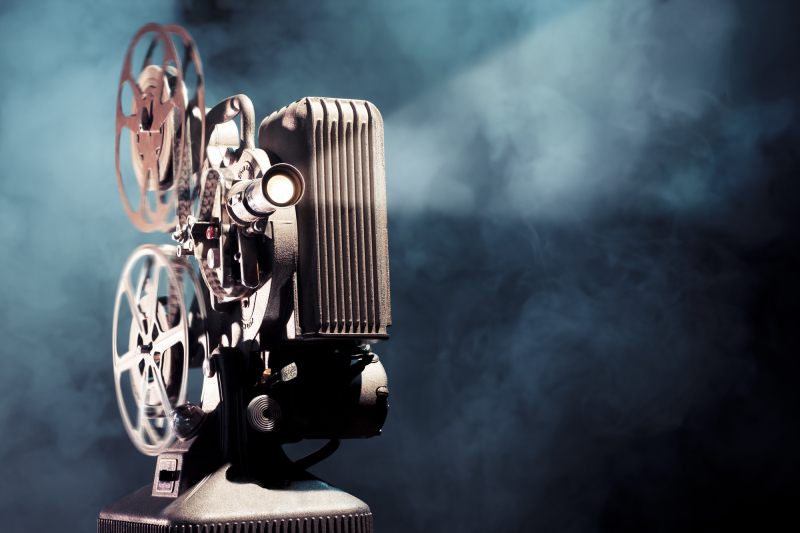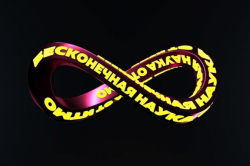The Fly (1986)
Between Jurassic Park (1993), and Independence Day (1996), Jeff Goldblum might just be the most iconic silver-screen scientist of the 90s – but David Cronenberg’s cult classic The Fly was the film that started him on that path.
The story follows a scientist whose experiments with teleportation go awry, slowly turning him into a grotesque human-insect hybrid. The simple premise lays ample ground for the film to explore topics such as human hubris, scientific ethics, mortality, and aging – while providing plenty of signature Cronenberg body horror and still-impressive special effects.
Experimenter (2015)
It’s 1961 and Stanley Milgram, haunted by accounts of the Holocaust, is about to conduct an experiment that will forever influence the field of social psychology. Milgram’s much-discussed – and mythologized – study of obedience and authority is well-known even among those without a special interest in psychology. As befits such a controversial figure, the Peter Sarsgaard-starring biopic livens up genre conventions by taking quite a few daring decisions and delivers some excellent food for thought in the process.
Double feature: Contact (1997) and Arrival (2016)
Far too often in film, the word “alien” is inseparable from “invasion.” Made two decades apart, both of these movies tackle a more complex question – when we finally meet extraterrestrial life, how do we find common ground?
In either film, a scientist – Jodie Foster’s radio astronomer in Contact and Amy Adams’ linguist in Arrival – is called on to be humanity’s representative in the first contact with a mysterious alien presence. Despite similarities, the two stories offer differing yet complementary takes on the subject.
Contact: IMDb Rotten Tomatoes ⸱ Arrival: IMDb Rotten Tomatoes
Frankenstein (1931)
Written two centuries ago, Mary Shelley’s Frankenstein; or, The Modern Prometheus remains a poignant read as well as (arguably) the world’s first major work of sci-fi. In pop culture, however, it’s been overshadowed by the many adaptations that have taken its subject less seriously; and that’s putting it mildly.
Viewers, therefore, will be surprised that the original film that started it all, the 1931 Frankenstein starring Boris Karloff in one of cinema’s most iconic roles, is far more nuanced in its approach than one might assume – and remains a lasting influence on the genre, making it a must-see for anyone who appreciates the cinematic form.
For the most authentic take on Shelley’s chilling novel, the best choice is to get your hands on the 2004 film, also available as an extended miniseries.
Copenhagen (2002)
In 1941, Werner Heisenberg arrived in the Danish capital to meet with his long-time acquaintance Niels Bohr. Though the full scope of their conversation remains unknown, the two legendary physicists, now finding themselves on opposing sides of the world-encompassing conflict, were left deeply impacted by the meeting.
That fateful day – a crucial moment in the creation of the atomic bomb – is dramatized in this obscure BBC adaptation of the stage play of the same title, starring pre-Bond Daniel Craig as Heisenberg. Three characters, a few sparse rooms, and a lot of tense dialogue – though hard to find on streaming these days, the film is well worth seeking out if you’d like to know more about that pivotal time in both science and world history.




